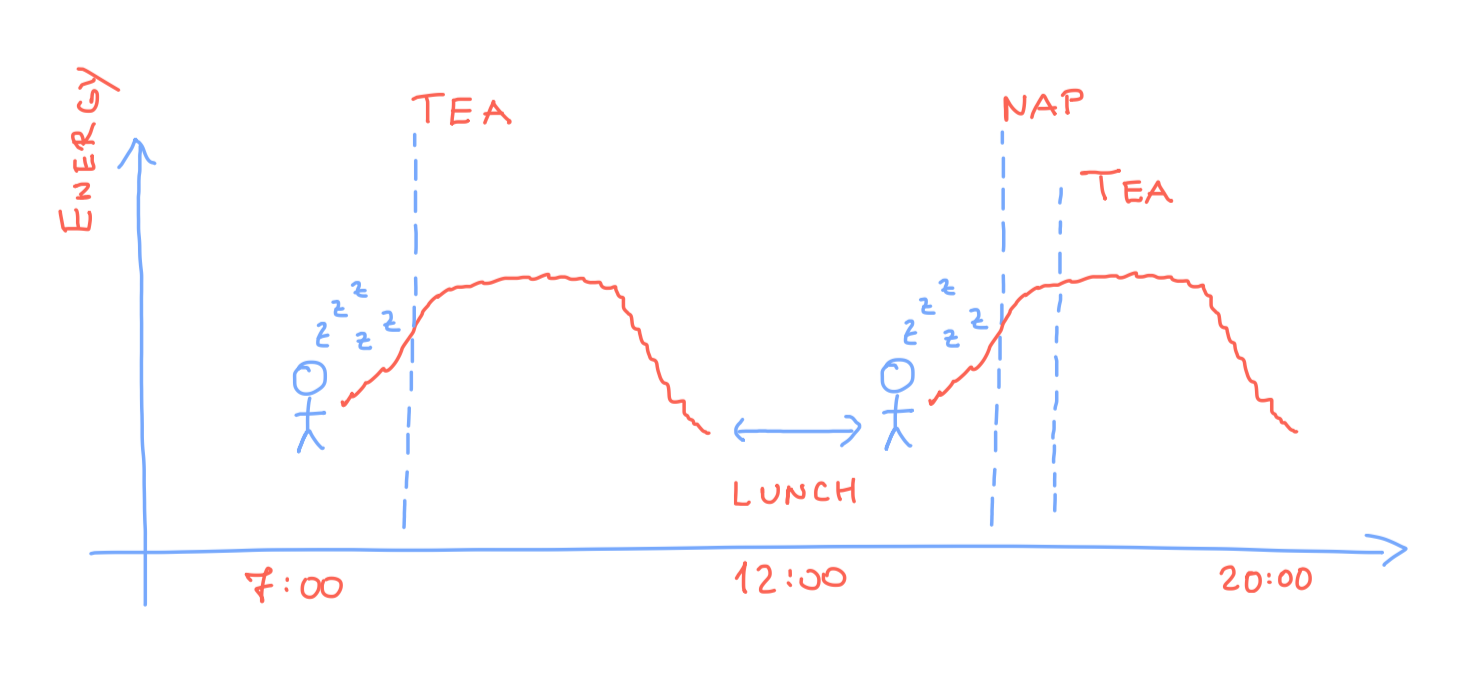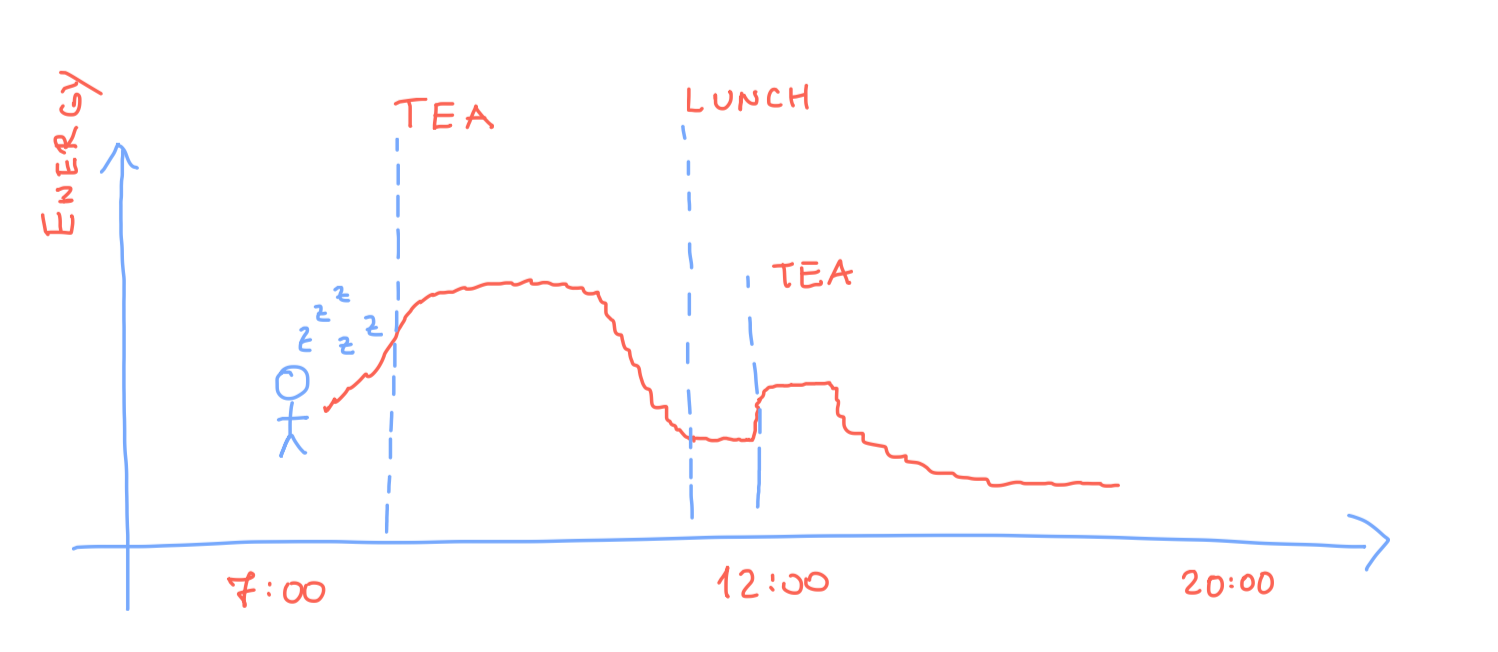♦ 🐆 3 min, 🐌 6 min
🔬 Weekly experiment 11, 2020
Hey There.A few weeks ago, I started a new job, and that meant going to the office every day. I love the daily discussions with my colleges. But there's no denying that my productivity fell in the past few weeks. You see for the past two years I've been working from home. So it's no surprise that I'm not accustomed to being in the office all day.Then the Coronavirus outbreak happened, and half of the world ended up at home in quarantine. I have some experience with working from home, and I'll try to add my five cents. This post might not apply to you if the majority of your work isn't knowledge/thinking work.I have a quiet workplace at home that allows me to achieve deep focus. I know that not everyone has the luxury of a home office. Or maybe your work can't be done from anywhere. But if you are some sort of a knowledge worker you can do at least a part of your work from home.One of the things I noticed when working from home is that if I'm tired I'll end up of social media or YouTube quite fast. In the office, I guess peer pressure helps me stay away from social media.So no matter the environment you have at home for work. You can take a nap at home. Either in your bed or on your couch. This will allow you to recharge your batteries and get your energy levels back up.Do you know your energy levels?
Around two to three hours after I wake up, my energy levels rise. If I'm rested, I can achieve a high focus for one or two hours. Then I get hungry. I learned that postpone the hunger with light nuts, fruit for an extra hour but till 13h I'll be tired. Time for lunch and refuel the tank.

How to measure energy levels?
Now all fine and well, but how do we measure our energy levels? How do you find your prime time? I guess my schedule is a good starting point if you don't have any clues. Try the breaks and monitor your energy levels. To get a better sense, you can try a nuclear option:- Quite sugar, caffeine, alcohol and alarm clock for three weeks.
- Then write down your energy levels on scale 1 10 for every hour for the three weeks. The pattern should emerge.
- 35h of meditation in a week.
- Testing if he's more productive in 90h or 40h workweeks.
- Waking up at 5:30 and realising, it's not worth it.
- Living in isolation for 10 days.
Small weekly experiment at a time 12, 2020
Task management on business cards works quite well, but I ran out of them. The printing house is closed at the moment so back to old habits for a while.In the upcoming week, I'll be re-measuring my energy levels. I think that my prime time slightly shifted in the past two years.You know the drill let me know what will be your small experiment this week. If you find a typo, have a comment or have an idea for improvement shoot me a message. 😉Till the next weekly experiment.ZigaP.s. If you like the newsletter, share it. 😉Get notified & read regularly 👇